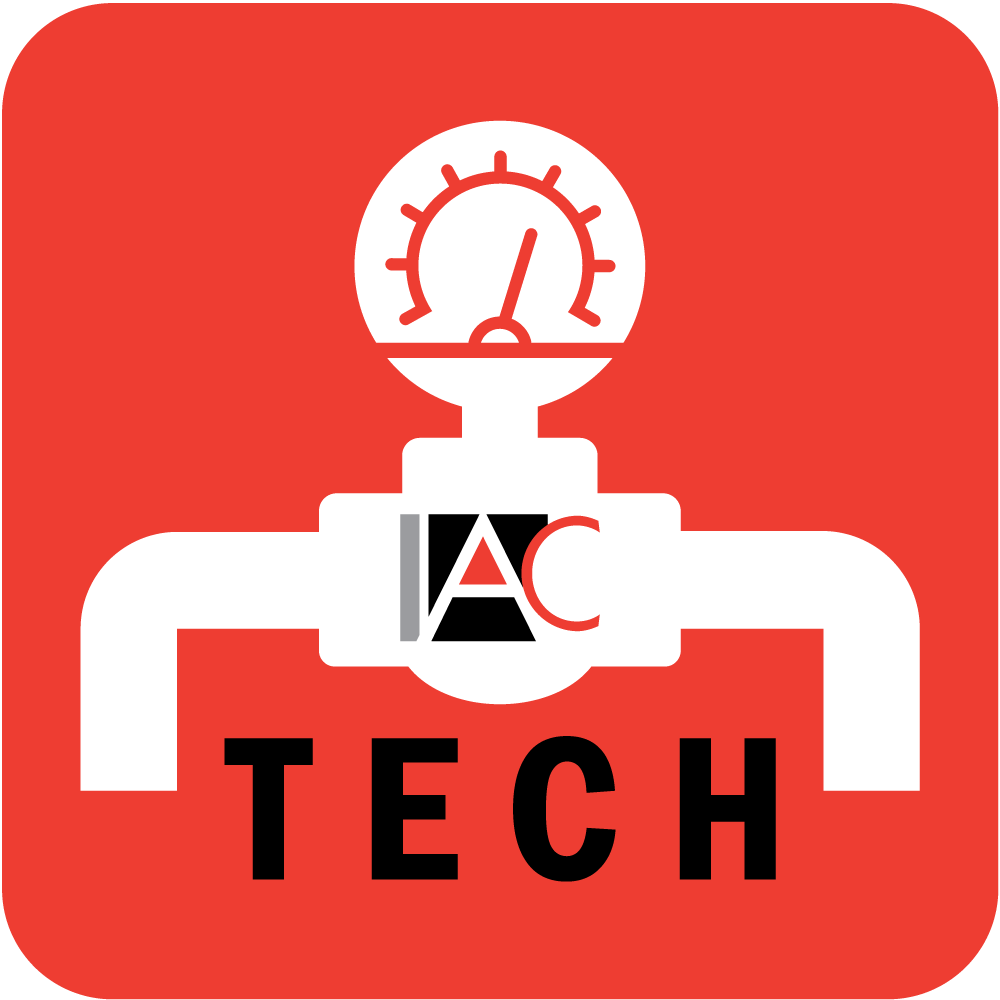Courses

IAC Tech is committed to fostering a culture of continuous learning and professional development. Empowering technicians to drive innovation and success within the process industries. Join us today and unlock your potential!
Audience
All quality control staff, new hires, and existing technicians.
Delivery
100% hands-on application learning using our in-house instrument training unit.
Duration
Comprehensive and swift courses ranging from one to multiday courses. Obtain an IAC TECH certification upon completion.
Course Descriptions
Throughout the course, students will learn the fundamentals of measurement, control loops, sensors, and transducers. Emphasis is placed on understanding various types of instruments, their applications, and the principles behind their operation. IAC TECH provides a hands-on experience through practical exercises and laboratory sessions where you will learn how to calibrate instruments, troubleshoot common issues, and interpret measurement data.
Topics covered:
- Intro to instrumentation
- Measurement principles
- Sensors and transducers
- Signaling conditioning
- Control system basics
- Control loops
- Calibration techniques
- Troubleshooting methods
- Data interpretation
Throughout the course, participants will delve into principles of flow measurement, including various types of flow devices, their applications, advantages, and limitations. Emphasis is placed on understanding the factors influencing flow measurement accuracy, such as fluid, piping configurations and installation considerations.
Topics covered:
- Intro to flow measurement
- Types of flow devices
- Differential pressure flow measurement
- Velocity-based measurement
- Mass flow measurement
- Volumetric flow measurement
- Installation considerations
- Calibration procedures
- Troubleshooting techniques
Throughout the course, participants will explore different methods of level measurement, including direct and indirect measurement techniques. Emphasis is placed on understanding the operating principles, advantages, limitations, and applications of different level measurement technologies.
Topics covered:
- Intro to level measurement.
- Direct and indirect level measurement techniques
- Time of flight measurement principles
- Pressure based measurement principles
- Calibartion and maintenance procedures
Throughout the course, participants will explore the principles of pressure and temperature measurement, including the behavior of gases and liquids under varying conditions. Emphasis is placed on understanding the operating principles, advantages, limitations and applications of different pressure and temperature measurement technologies, such as pressure gauges, pressure transmitters, thermocouples, RTD.
Topics covered:
- Introduction to pressure and temperature measurement
- Properties of gases and liquids
- Pressure measurement techniques
- Pressure gauges and transmitters
- Temperature measurement techniques
- RTDs
- Thermal couples
- Installation considerations
- Calibration procedures
Throughout the course, participants will delve into the principles and applications of various analytical techniques. Emphasis is placed on understanding the underlying principles of techniques, as well as practical considerations such as preparation, calibration and data interpretation.
Topics covered:
- Intro to analytical instrumentation
- Calibration and validation methods
- Transmitter interfaces
- Data interpretation and analysis
- Memosense technology
- Quality assurance and compliance
Throughout the course, participants will explore fundamentals of load cell technology including load cell types and operating principles. Emphasis is placed on understanding the factors influencing accurate weight measurement, such as environmental conditions, mounting considerations and calibration procedures.
Topics covered:
- Introduction to load cells and weight measurement
- Principles of load cell technology
- Types of load cells
- Factors influencing weight measurement accuracy
- Mounting considerations
- Installation
- Calibration procedures
- Data analysis
- Troubleshooting techniques
Throughout the course, participants will explore the fundamental principles of control valves, including valve types, flow characteristics, and sizing considerations. Emphasis is placed on understanding the interaction between control valves and process conditions, as well as the importance of proper valve selection for achieving desired process control objectives.
Topics covered:
- Introduction to valves and actuation
- Types of control valves
- Valve flow characteristics
- Valve sizing and selection
- Actuation systems
- Valve positioners and accessories
- Installation and calibration procedures
- Troubleshooting techniques
- Maintenance and repairs
Throughout the course, participants will explore the fundamentals of gas detection, including the properties of different gases, gas detection principles, sensor technologies and detection system configurations. Emphasis is placed on understanding the importance of gas detection in ensuring workplace safety and environmental protection.
Topics covered:
- Introduction to gas detection
- Properties of hazardous gases
- Gas detection technologies
- Types of gas sensors
- Sensor selection and placement
- System configuration
- Installation and calibration procedures
- Testing, maintenance, and communication protocols
Our expert instructors will develop a curriculum tailored to your organization’s requirements. Reach out to IACTECH@instandcontrols.com or call 480-921-0498 for more information.
Register Now!
Register by contacting the office or reaching out via email
Don’t know what course you need?
Please contact 888-715-6203 and a member of our service team will gladly assist you and provide you with a course recommendation.
Cancellation Policy
Training is non-refundable if you are not able to attend a training after a PO has been submitted, you will have the option to reschedule at a later date when class is provided again. Classes can be substituted for another class of equal amount.
Location
All courses are taught at the IAC headquarters in Chandler:
6829 W. Frye Rd.
Chandler Arizona 85226
